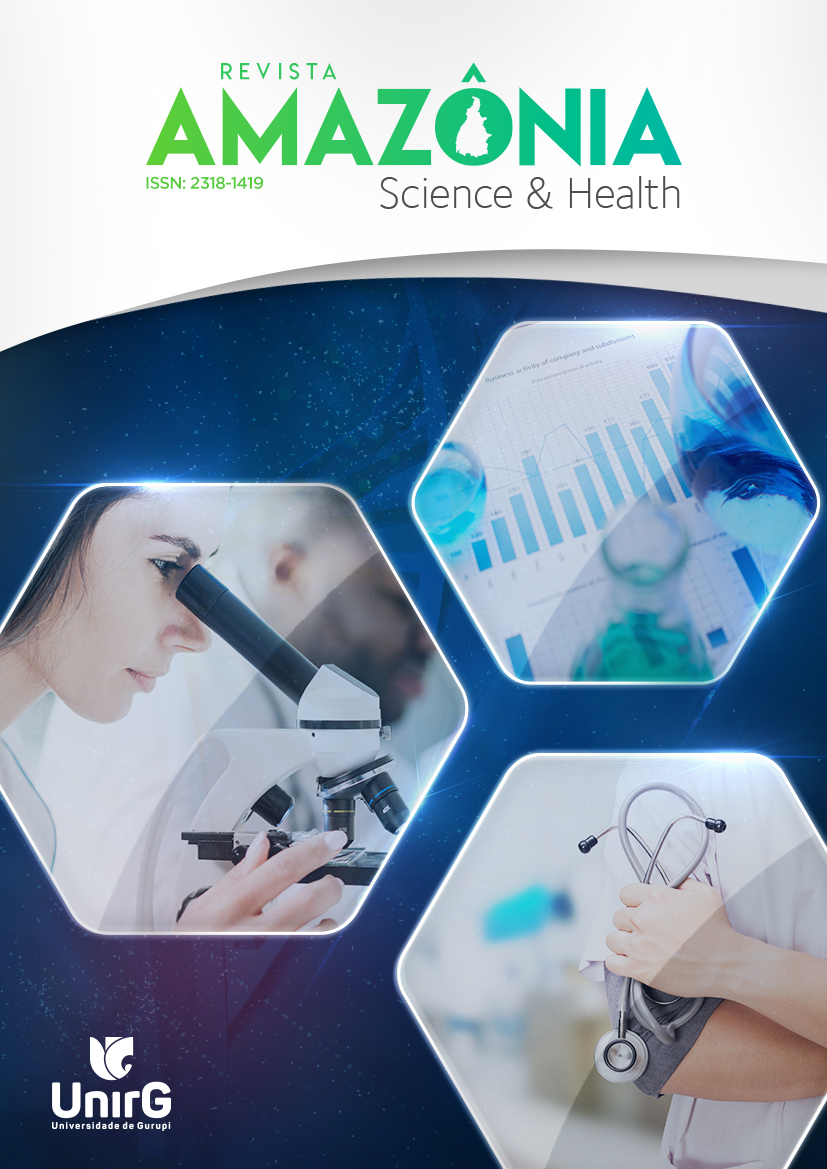Elaboração de tecnologia educativa: cartilha sobre gravidez precoce
Cariane Renata Saldanha Fant Gonzatto, Conterno, Solange de Fátima Reis, Silva, Gilson Fernandes
Abstract
Introduction: Knowledge about sexuality and sexual and reproductive rights is essential to reduce vulnerabilities in adolescence, preventing early pregnancy, a recurring and significant event. In this context, educational technologies are important tools that promote health education, allowing pregnant women and professionals to act as agents of change. Objective: To describe the stages of developing an educational booklet on teenage pregnancy. Methods: Methodological study of educational technology development, structured in three stages: 1st Data collection with the target audience and identification of generating themes; 2nd Definition of themes and theoretical foundations; 3rd Artistic creation of the booklet: elaboration of the content, layout, design and composition of the first version. Structured interviews were conducted, whose data were analyzed using the content analysis technique, identifying the generating themes. The study was conducted in a city in western Paraná, between March and April 2021, with the participation of 30 pregnant adolescents. Results: The following themes emerged regarding early pregnancy from the perspective of adolescents: unplanned pregnancy, family dialogue about sexuality, contraceptive methods: knowledge and use, emotional relationships and decisions about prevention, physical changes, perception of changes caused by pregnancy and future plans. Conclusion: The educational technology developed has a preventive nature by addressing and providing guidance on contraceptive methods and strategies for preventing early pregnancy, in addition to functioning as a health promotion tool, focused on sexual and reproductive education, supporting educational actions for adolescents in health units, schools and for consultation by the target audience.
Keywords: Health Education. Educational technology. Teenage pregnancy.
Copyright (c) 2025 AMAZÔNIA: SCIENCE & HEALTH

This work is licensed under a Creative Commons Attribution-NonCommercial-NoDerivatives 4.0 International License.
A Revista faz uso da Licença Creative Commons Atribuição-Não Comercial-Compartilha Igual 4.0 Internacional (CC BY-NC-SA 4.0)
Maiores informações sobre a licença disponível em: https://creativecommons.org/licenses/by-nc-sa/4.0/deed.pt
- 1º Os autores cedem à Revista Amazônia: Science & Health os direitos autorais no momento em que submetem seus artigos à mesma. Os autores declaram que o artigo submetido não foi publicado, e não está sendo considerado para publicação, na íntegra ou em parte em outro periódico. Os autores assumem total responsabilidade pela originalidade do artigo, podendo incidir sobre os mesmos, eventuais encargos decorrentes de reivindicação, por parte de terceiros, em relação à autoria do artigo.
- 2º A reprodução total dos artigos da Revista em outros meios de comunicação eletrônicos de uso livre é permitida de acordo com a licença Creative Commons Atribuição-NãoComercial-CompartilhaIgual 4.0 Internacional.
- 3º Para outras situações (reprodução parcial dos artigos, impressão em meio físico, entre outras) é necessária consulta e autorização prévia do Conselho Editorial.


